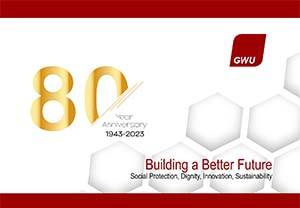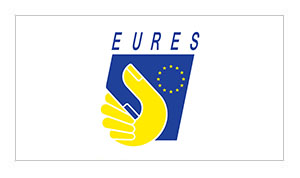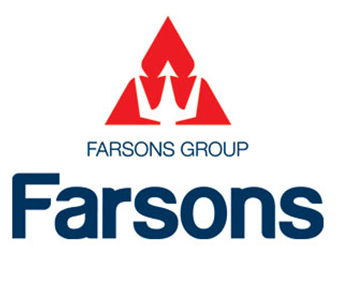The Maritime and Aviation Section within the GWU

The Maritime and Aviation Section within the General Workers’ Union is concerned
about the implementation of the Emissions Trading Scheme (ETS) on maritime
transport in EU ports, including Malta.
Europe has committed to reduce greenhouse gas emissions by at least 55% by 2030
compared to 1990 levels, as outlined in the “Fit for 55” initiative, which is part of the
EU’s goal to achieve climate neutrality by 2050.
The Malta Freeport Terminal is a transhipment centre and relies heavily on the work
of goods in containers arriving on large ships, so-called mother ships. They come
from far eastern or western countries and unload the goods in Malta so that these
goods are brought to countries close to us by smaller ships, the so-called feeder
ships. This system saves the very large ships many journeys and stopovers in
different harbours and thus reduces emissions as less fuel is used for these large
ships. A logistics system that is used far and wide, not only for the benefit of the
environment, but also because it is the most efficient method in the world of freight
transport.
It is to be feared that once the measures of the Emissions Trading Scheme (ETS)
come into force, trading companies will look for ports other than European ones to
carry out the transhipment that currently takes place in Europe, including in our
country. This will not reduce pollution, but only increase it in third countries. If you
want to reduce pollution worldwide, incentives should be given to those who do
everything possible to reduce journeys and delays in ports.
The Malta hub is particularly popular because it helps to shorten distances and
increase productivity and efficiency of transport times.
The section keeps up to date and is close to the European Transport Workers’
Federation (ETF). It hopes that the interests of our country will be protected and the
negative impact on workers who depend on transhipment will be taken into account
by making alternative proposals to combat climate change.
During a special meeting of the MCESD, this point was raised by the Secretary-
General with the European Commission delegation. As well as the impact that this
agreement may have not only on the free port but also on the manufacturing sectors
in Malta.












